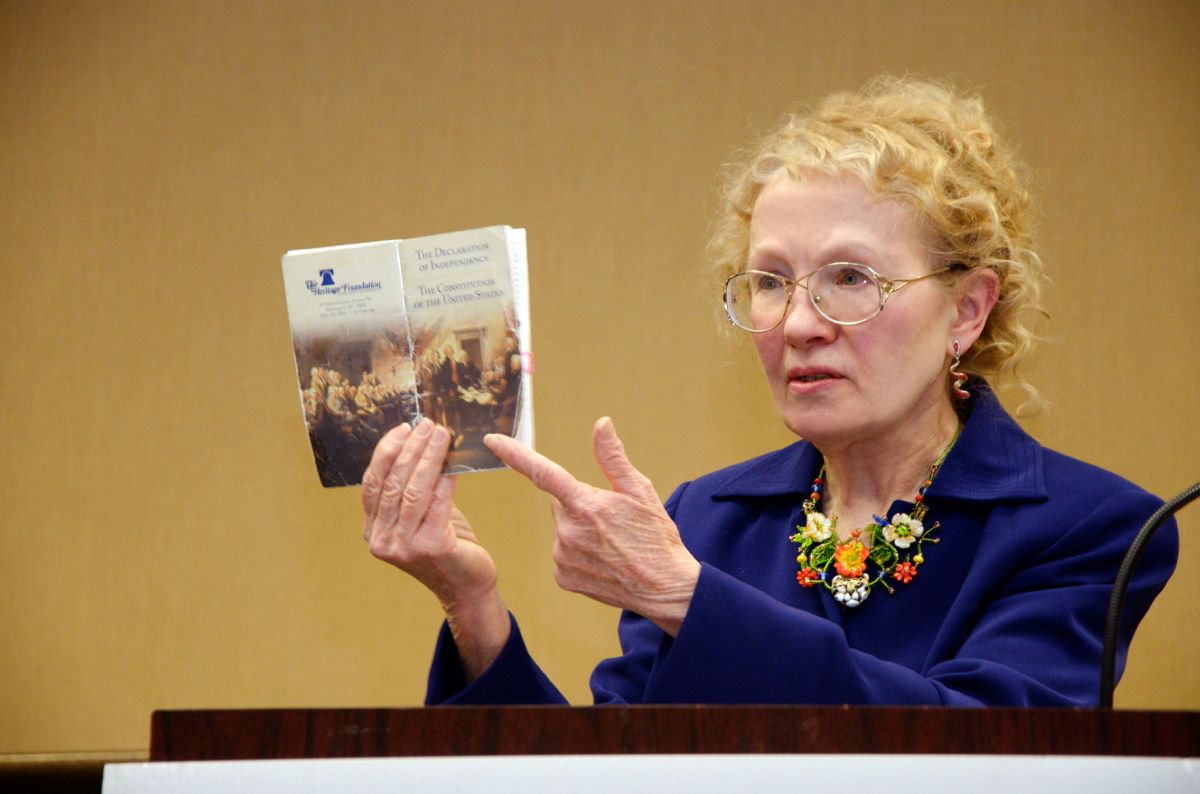Controversial Speaker ‘Publius Huldah’ Headed To SC State House To Oppose Convention Of States Bills
The debate over whether to amend the U.S. Constitution is getting interesting …
Her name is Joanna Ruth Martin, but she is known in conservative circles by her pen name – Pub
